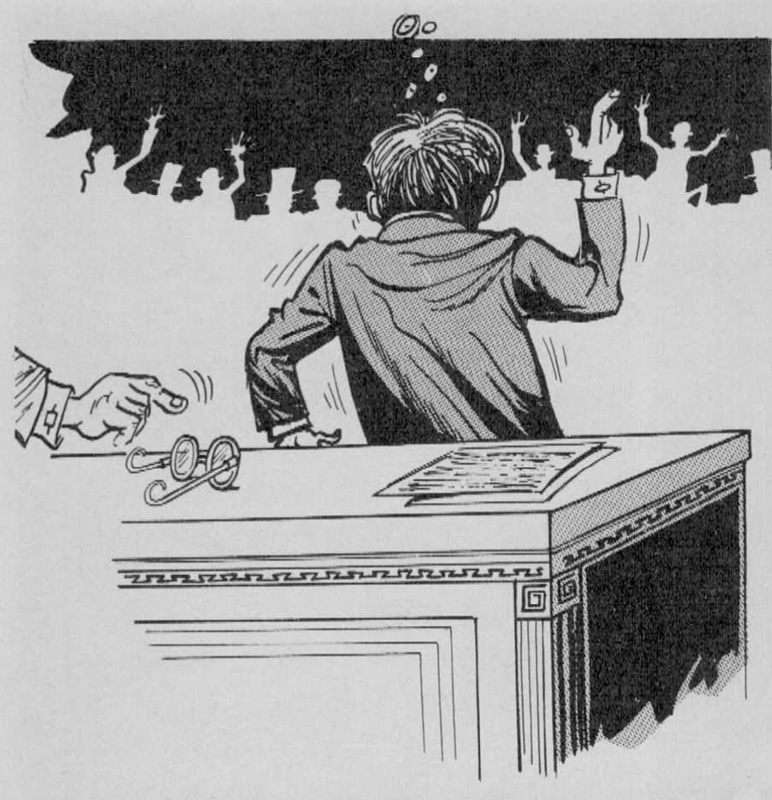
HISTORICAL EVENTS THAT TOOK PLACE ON THIS DAY IN CANADA
2 April

Victoria Voted Capital
One of the most incredible stories from the early days of the provinces tells how Victoria was chosen to be the capital of British Columbia on April 2, 1868.
Vancouver Island and the mainland, which had been separate British colonies, were united as the single colony of British Columbia in November, 1866. Governor Kennedy, who had been unpopular, was recalled to London and Frederick Seymour appointed in his place. There is an interesting sidelight on Governor Kennedy's departure. Dr. Margaret Ormsby, in her book British Columbia: A History, recounts that an official wrote: "The Governor's family departed in a shower of tears. 'Twas most affecting—entre nous, only an Irish family could have got up such a scene. One would have thought they had been beloved and revered all the time."
On April 2, 1868, the legislative council of British Columbia had to vote on whether Victoria or New Westminster should be the new capitol. Captain Franklin, the magistrate of Nanaimo, was supposed to make a strong speech in favour of New Westminster because there was great jealousy between Nanaimo and Victoria. Before the Council opened its meeting, Franklin spent some time in a bar and wasn't thinking clearly when the time came for his speech. Gold Commissioner Cox, who was in favour of Victoria, reshuffled the pages of Franklin's speech so that he read the introduction three times. When Franklin laid his spectacles on the table, Cox pressed the glass from their frames and Franiklin was not able to read at all.
The chairman called a recess for half an hour, but when Franklin rose to resume his speech there was an objection. It was that he had already made his speech and could not be heard again. The objection was put to a vote and upheld. Victoria was then chosen to be the new capital.
Gold Commissioner Cox and Magistrate Franklin were both dismissed by Governor Seymour shortly after.
OTHER NOTABLE EVENTS ON THIS DAY IN CANADIAN HISTORY
2 April
-1663 King Louis XIV issued an edict stating that Canada would be governed by the laws of France.
-1667 Louis XIV issued a civil code for Canada and established courts.
-1778 Quebec merchants petitioned for the repeal of the Quebec Act.
-1838 A special council of twenty-two members was appointed to govern Lower Canada.
-1871 The first Dominion census was taken. The population of 3,689,257 consisted of 2,110,000 English-speaking and 1,082,000 French-speaking Canadians.
-1873 A charge was made in the House of Commons that Sir John A. Macdonald and cabinet ministers had accepted campaign funds from the promoters of C.P.R. This led to the downfall of Macdonald's government in November.
-1885 Indians massacred whites at Frog Lake, Saskatchewan.
-1887 Canadian sealing vessels were seized the Americans in the North Pacific.